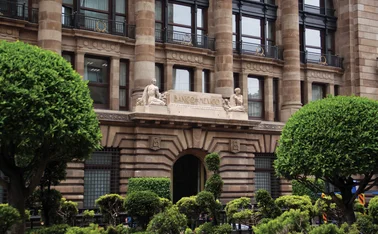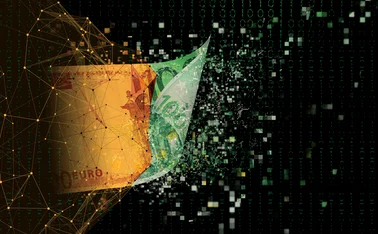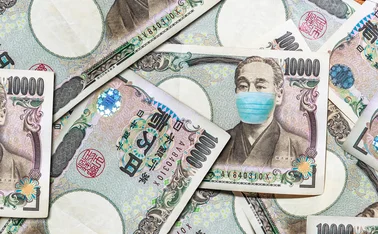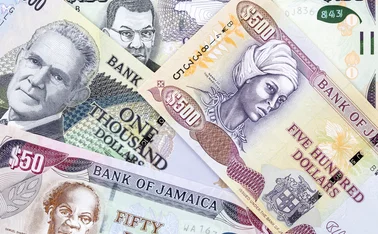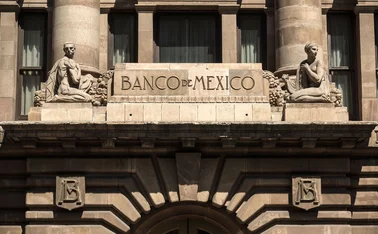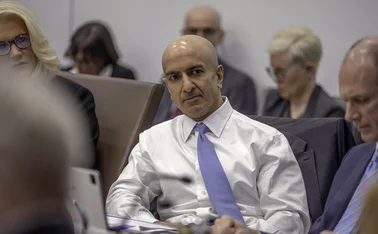
Draghi says markets should have final say on currency strength
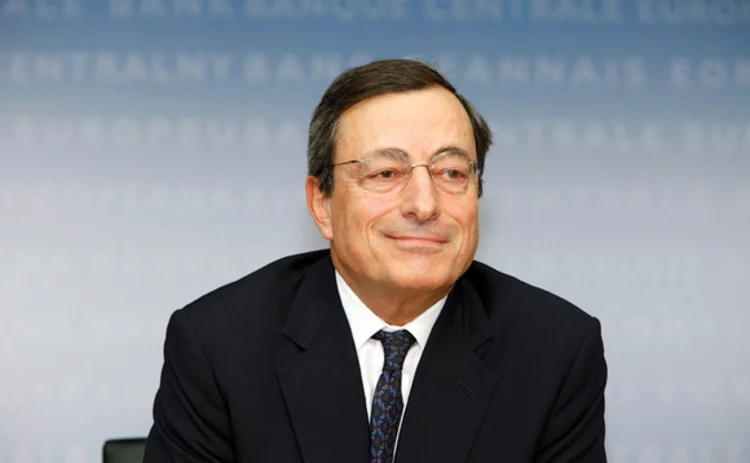
The president of the European Central Bank (ECB), Mario Draghi, said today the growing strength of the euro is a sign of returning confidence in the single currency – adding that markets would have the final say in the value of currencies.
Speaking at the press conference following the monthly meeting of the ECB governing council, Draghi faced questioning on developments in Ireland, Draghi's role in the Monte dei Paschi di Siena bank scandal in Italy, and comments this week by French president François Hollande advocating an exchange rate policy for the euro.
The governing council voted unanimously to hold rates steady, with Draghi noting that inflation has fallen to 2% per annum from a rate of 2.2% in November and December last year, and 2.5% in October. Draghi said the eurozone economy is on track for a "gradual recovery" later this year, though downside risks include "the possibility of weaker-than-expected domestic demand and exports, slow implementation of structural reforms in the euro area, as well as geopolitical issues and imbalances in major industrialised countries, which could both have an impact on developments in global commodities and financial markets".
Asked for his response to Hollande's advocating a more proactive exchange rate policy for the euro, Draghi said it was important to "always remember that the ECB is independent". He said people "all over the world" are "talking up, talking down currencies – [but] the ultimate judgement will be to see what the markets make of these statements".
Draghi repeatedly described the ECB's monetary stance as "accommodative", saying that although the ECB does not have the same targets and strategy as the US Federal Reserve, the governing council is "convinced we are already taking these policies, which are compatible with price stability and job creation".
Europe's top central banker said the Bank of Italy – which he headed until moving to the ECB late in 2011 – acted "properly and timely" regarding troubled Monte dei Paschi di Siena, and said central banks could be effective banking supervisors, though the two functions need to be kept separate.
Draghi agreed there are lessons to be learned for the effective supervision of banks, including that supervisory bodies need powers "to judge a top manager of a bank proper and fit for a task". "The second is to remove the manager if you have a sense that for various reasons he is not proper, or fit, any longer," he said.
Only users who have a paid subscription or are part of a corporate subscription are able to print or copy content.
To access these options, along with all other subscription benefits, please contact info@centralbanking.com or view our subscription options here: www.centralbanking.com/subscriptions
You are currently unable to print this content. Please contact info@centralbanking.com to find out more.
You are currently unable to copy this content. Please contact info@centralbanking.com to find out more.
Copyright Infopro Digital Limited. All rights reserved.
As outlined in our terms and conditions, https://www.infopro-digital.com/terms-and-conditions/subscriptions/ (point 2.4), printing is limited to a single copy.
If you would like to purchase additional rights please email info@centralbanking.com
Copyright Infopro Digital Limited. All rights reserved.
You may share this content using our article tools. As outlined in our terms and conditions, https://www.infopro-digital.com/terms-and-conditions/subscriptions/ (clause 2.4), an Authorised User may only make one copy of the materials for their own personal use. You must also comply with the restrictions in clause 2.5.
If you would like to purchase additional rights please email info@centralbanking.com
